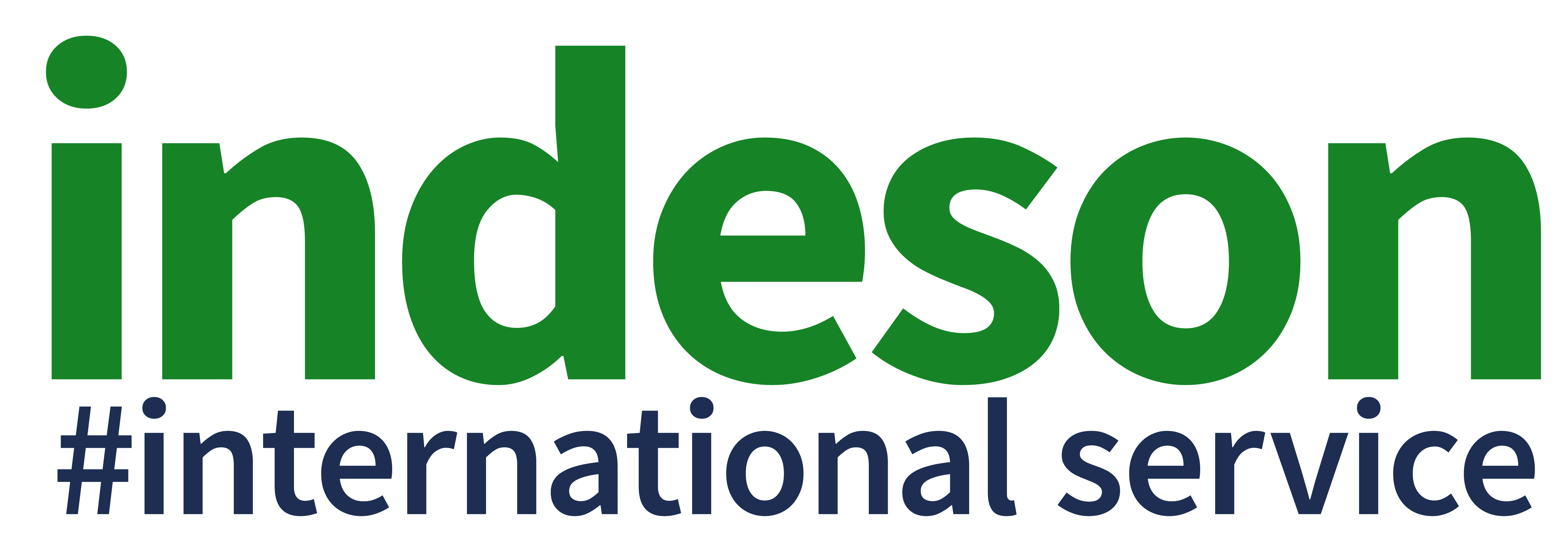Developing full national certificate programmes at 4 levels for concreting, masonry, carpentry, chef, livestock farmer, crop farmer based on an adapted form of the DACUM methodology. Programmes have subsequently been implemented in both Iraq and Kurdistan and well received by industry.
UNESCO is spearheading the process of reforming Iraq’s Technical and Vocational Education and Training (TVET) sector, a vital sub sector of Iraq’s education system, with funding from the European Union. “Reforming technical and vocational education and training (TVET) in Iraq” is an ambitious and comprehensive project that aims to enhance the role of TVET in Iraq’s economic development by increasing the competitiveness and relevance of TVET in line with international standards. It will reform the TVET sector in Iraq to provide quality education and training in line with international standards to enhance the ability of TVET graduates to compete in the national and international labour markets. One of Iraq’s main development challenges is youth unemployment, currently at around 18% for ages 15 to 29. A large number of Iraqi’s youth are seeking jobs in the public sector, but with limited capacity for job creation and a restricted number of available career posts, the public sector is no longer a viable employment option. Instead, Iraq has to depend on the private sector to be the nation’s main employer. To address this problem, the Government of Iraq has adopted several national policies encouraging the TVET sector to provide relevant technical skills. The National Strategy for Education and Higher Education in Iraq for 2012-2022 as well as the “Human and Social Development” chapter of the new National Development Plan (2013-2017) outline a number of goals pertaining to the TVET sector including increased enrolment rates in vocational and technical institutes, reallocating funds to expand the admission opportunities of graduates in technical education and tailoring education to prevalent economic activities. The project aims to achieve the following:
- Establish a comprehensive high quality management system for TVET based on administrative decentralization and the effective participation of the private sector;
- Adopt a general framework for certificates, qualifications, curricula and methods for modern teaching and training to meet the current and future needs of the market;
- Provide efficient, capable and high quality TVET administrative, educational and training staff;
- Create specialized employment offices in TVET institutions to provide students with guidance, help them access better job opportunities and follow up with them after graduation;
- Train a number of TVET graduates to set up their own businesses and get funding for them.

